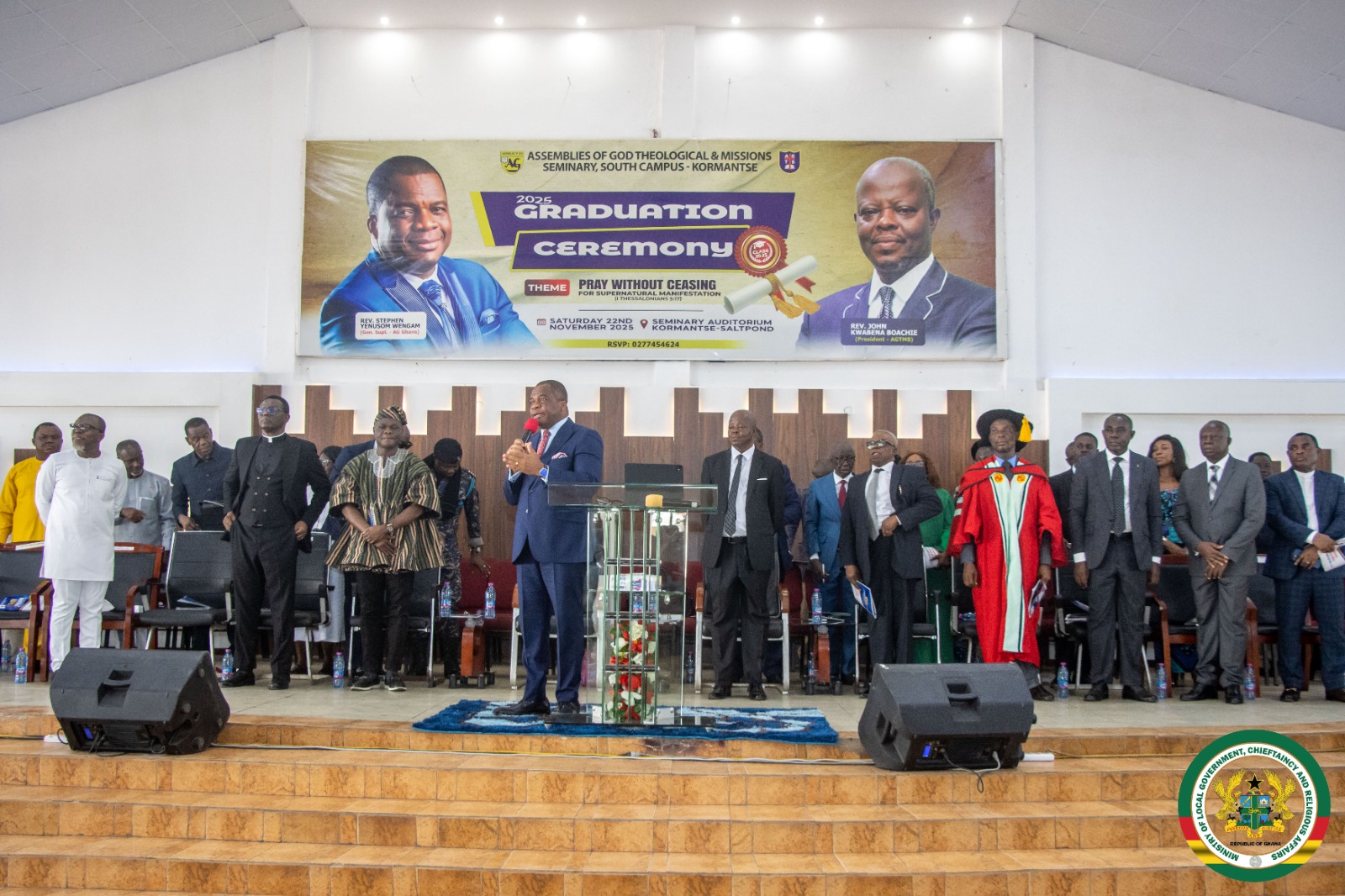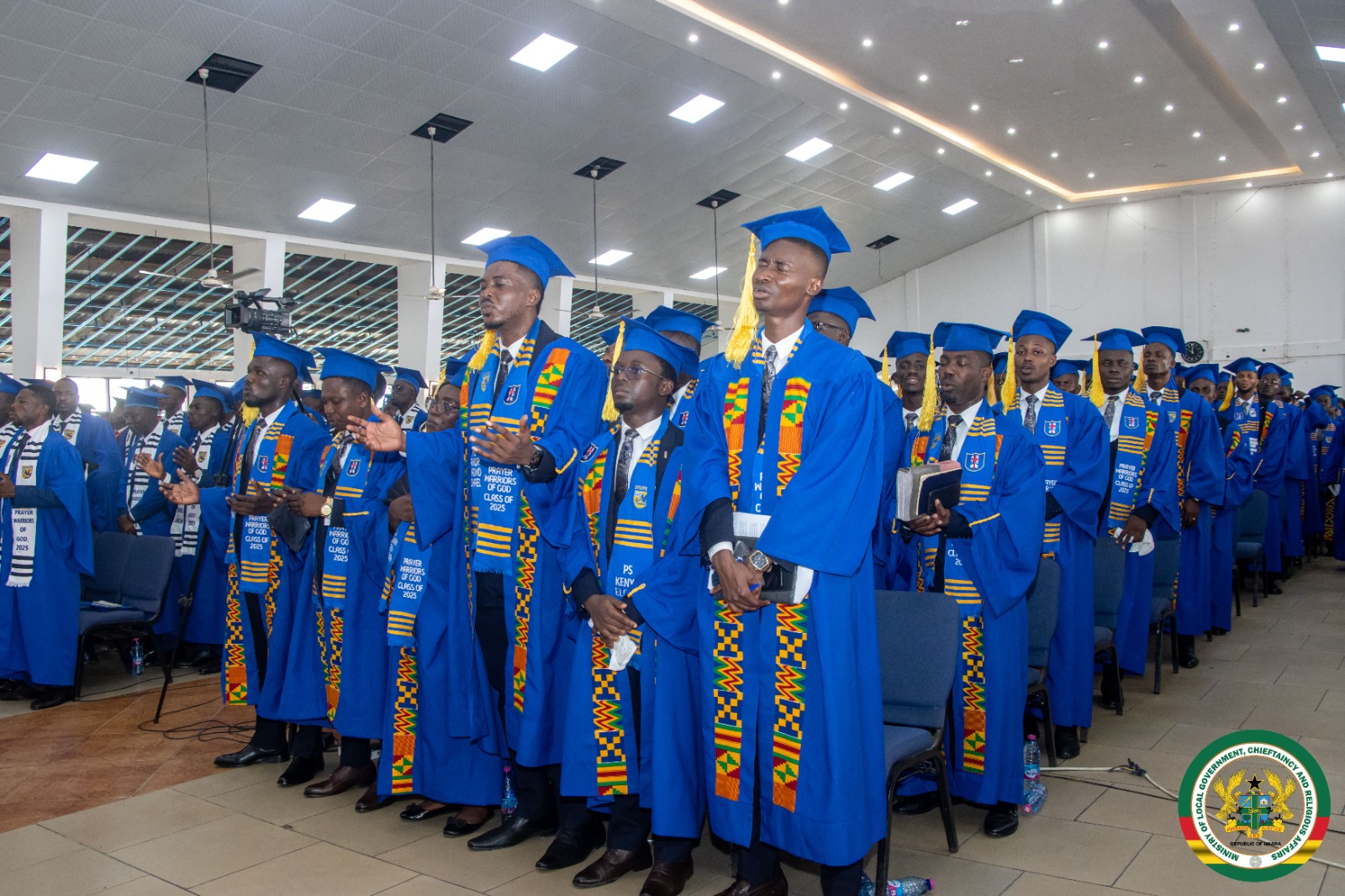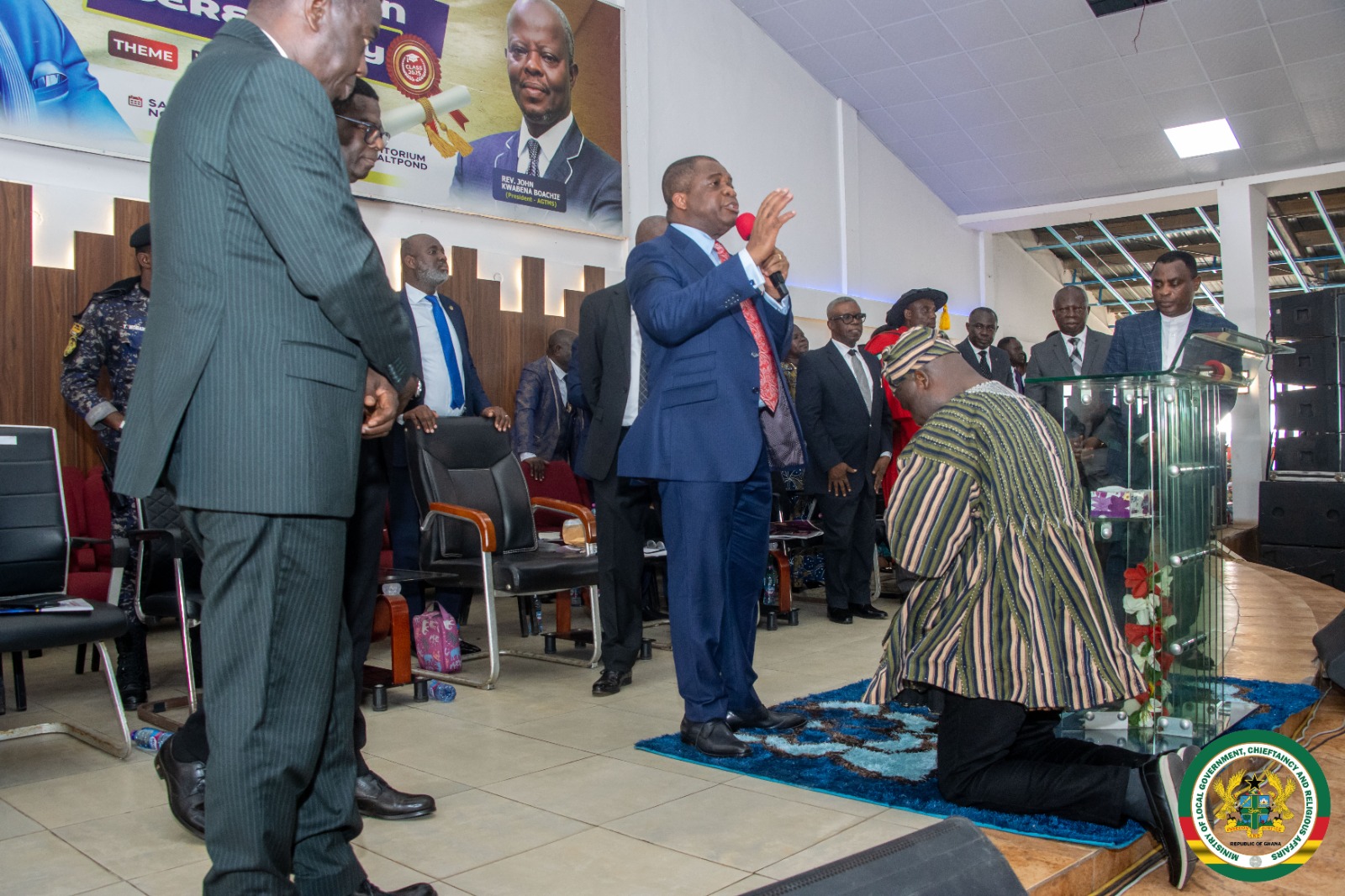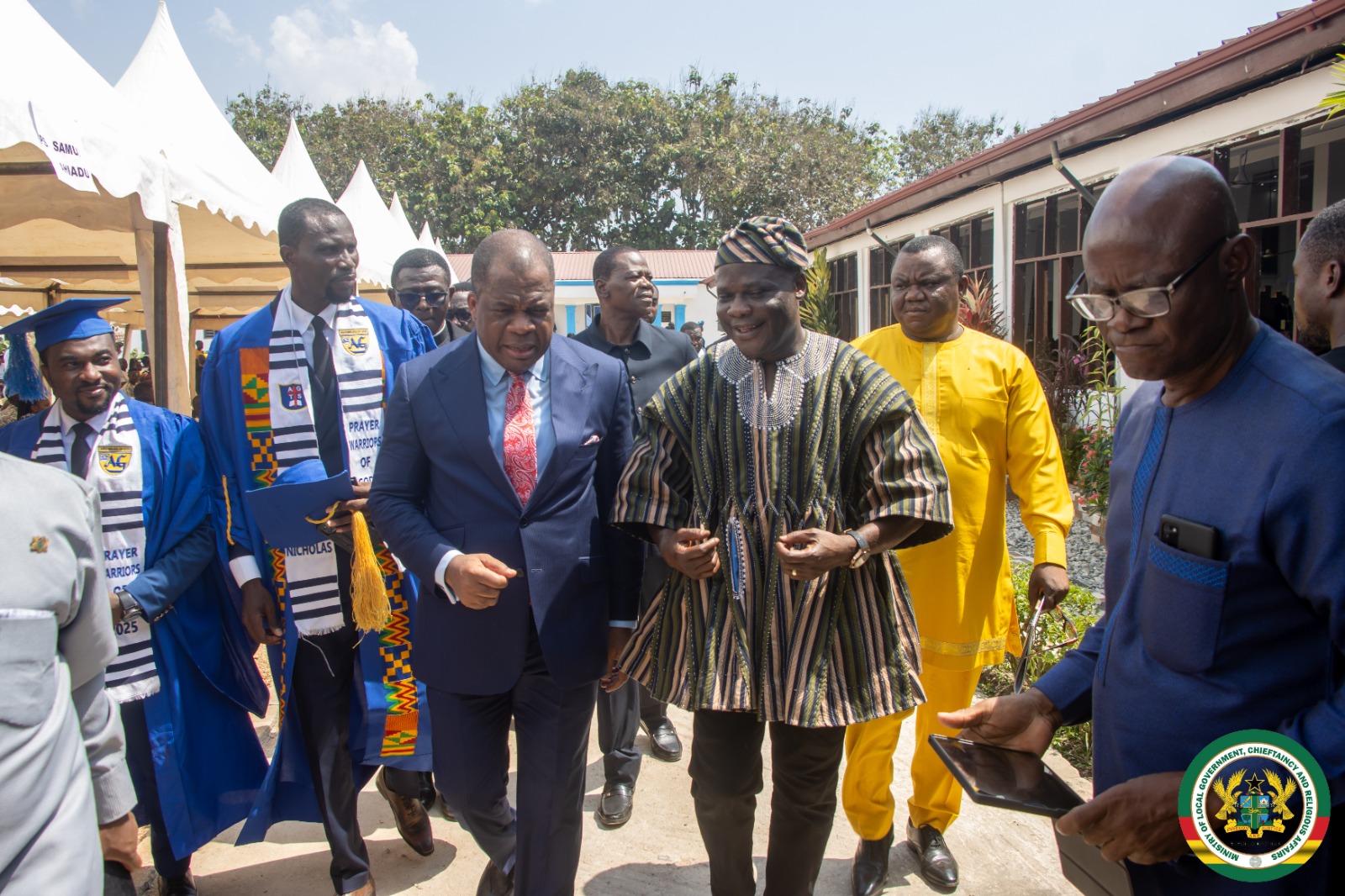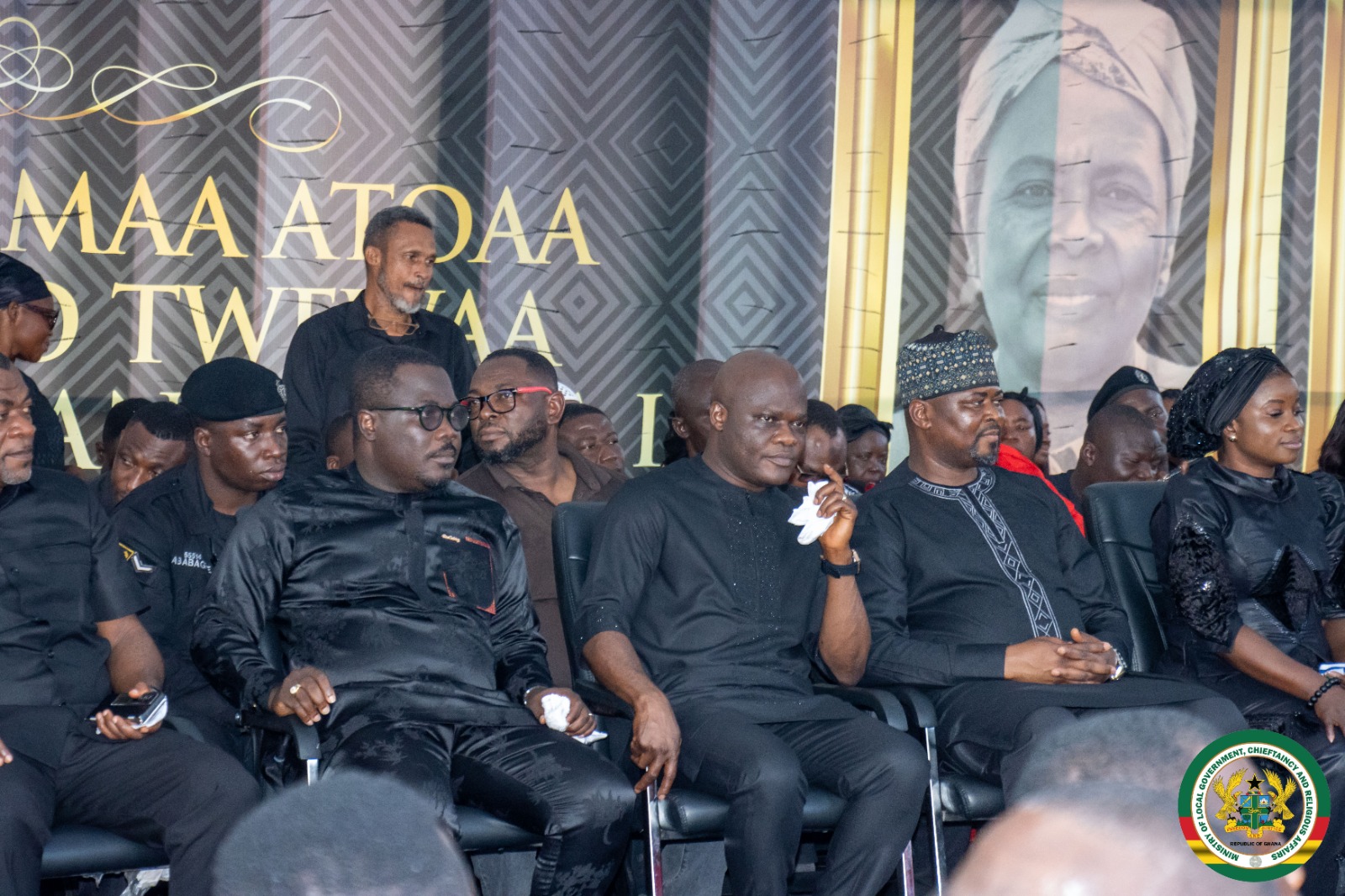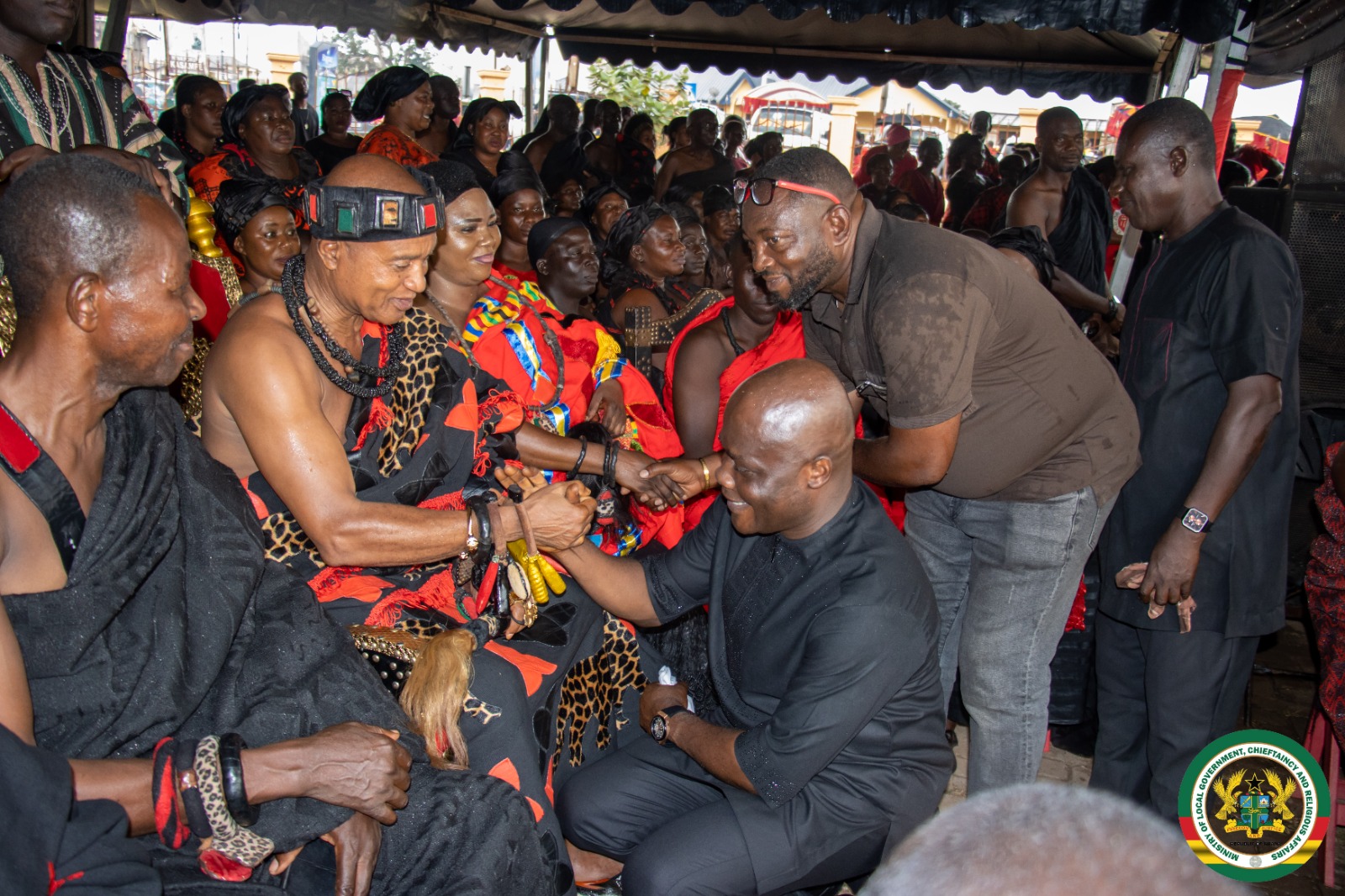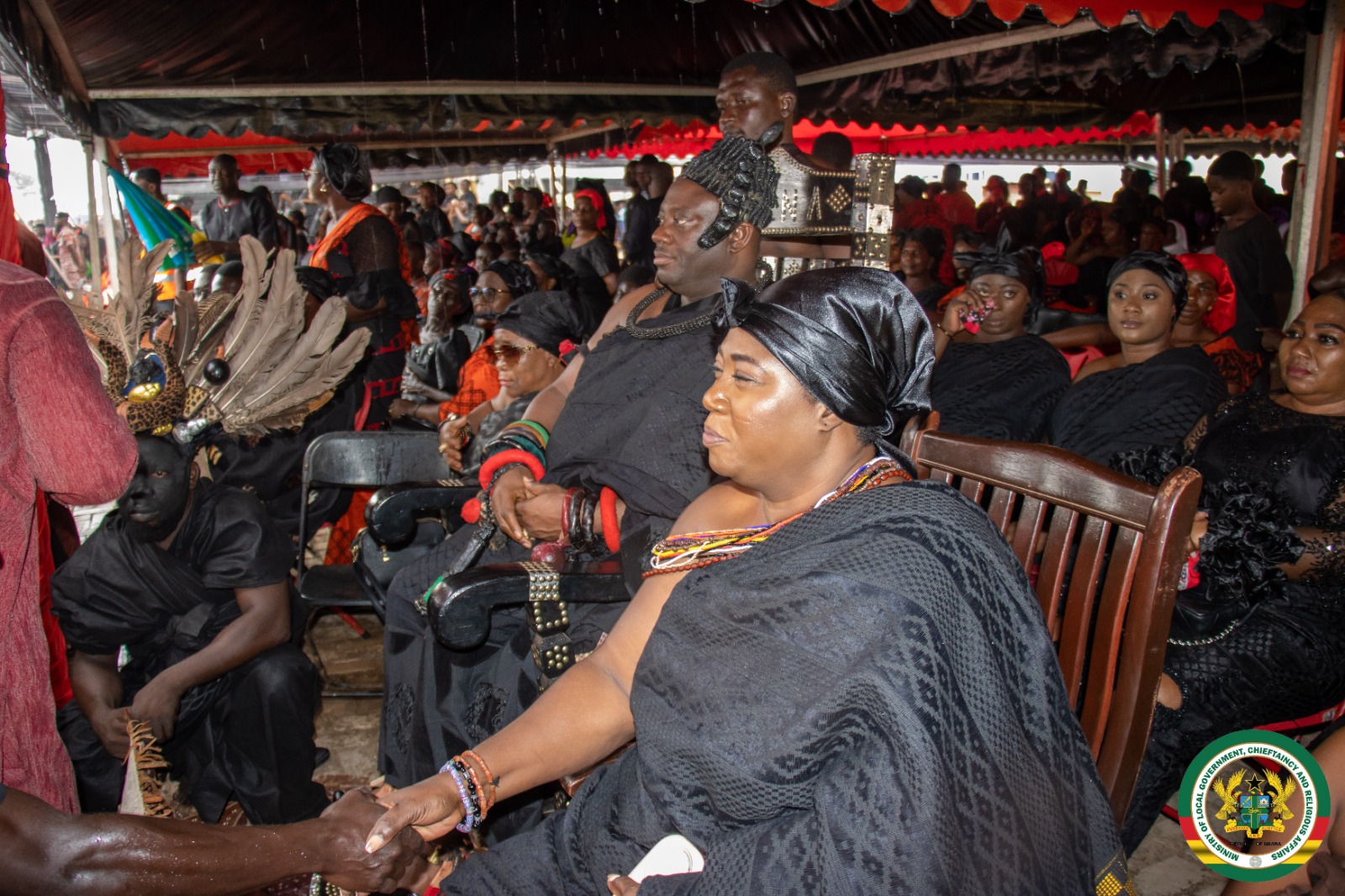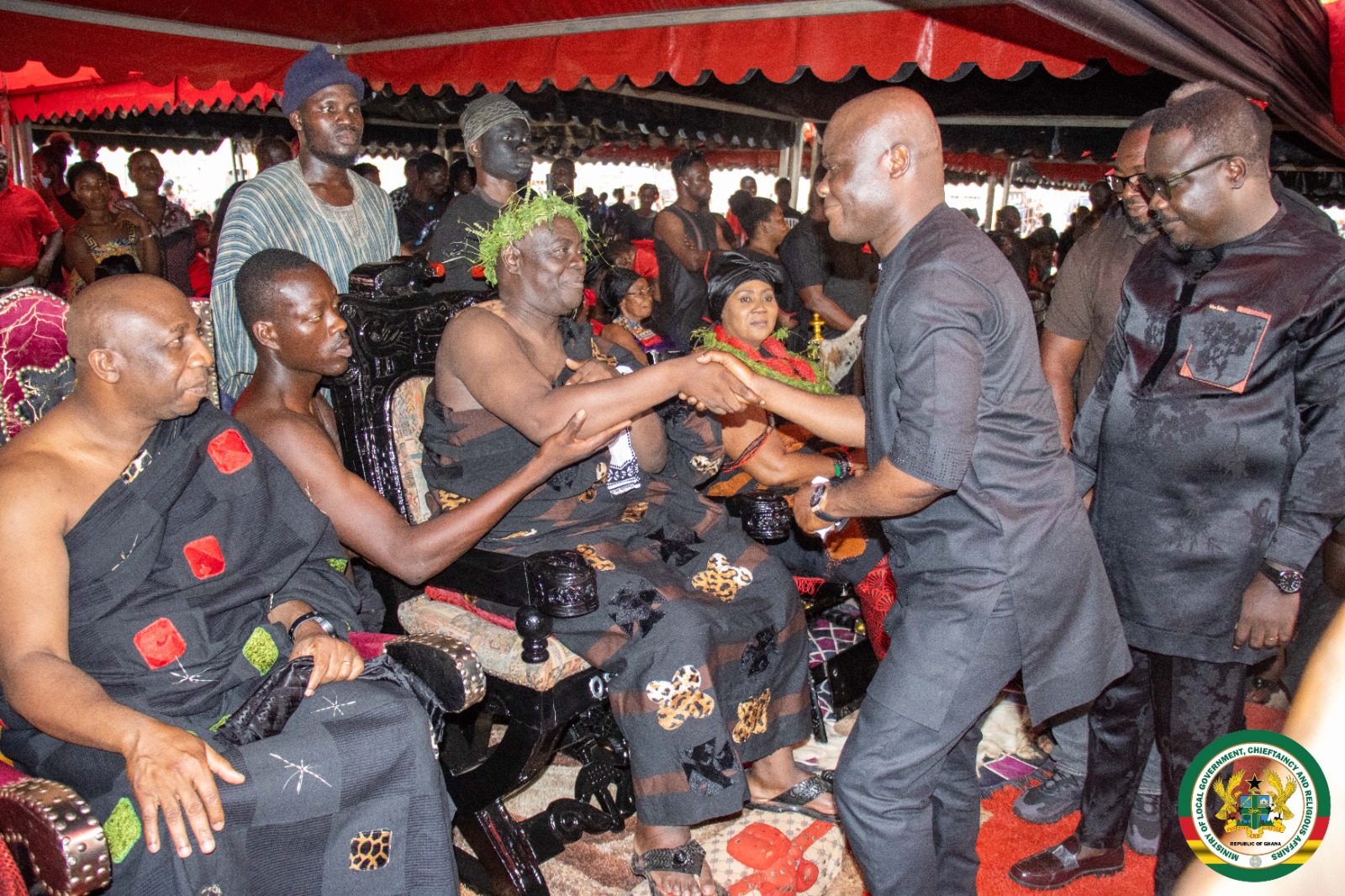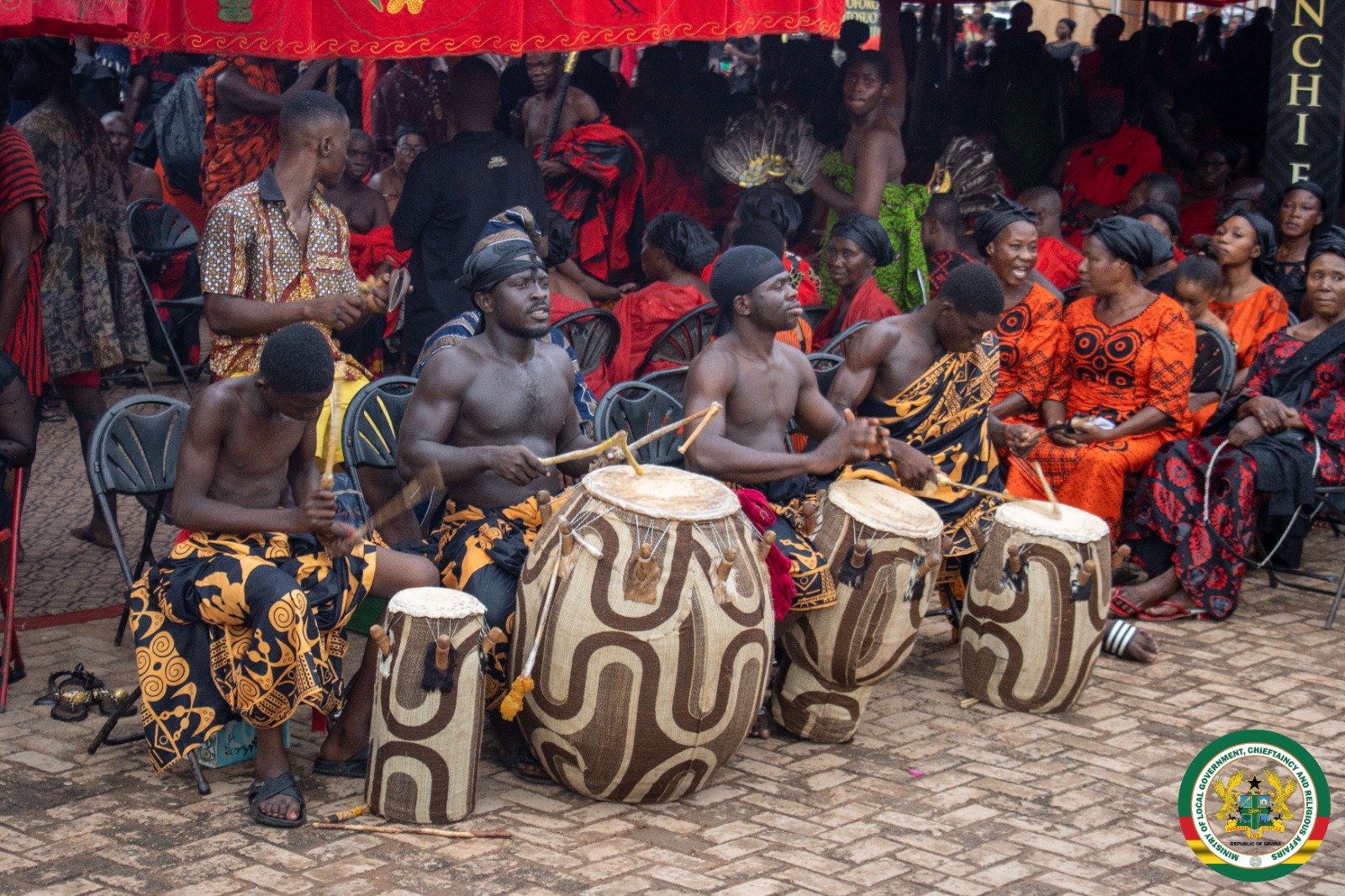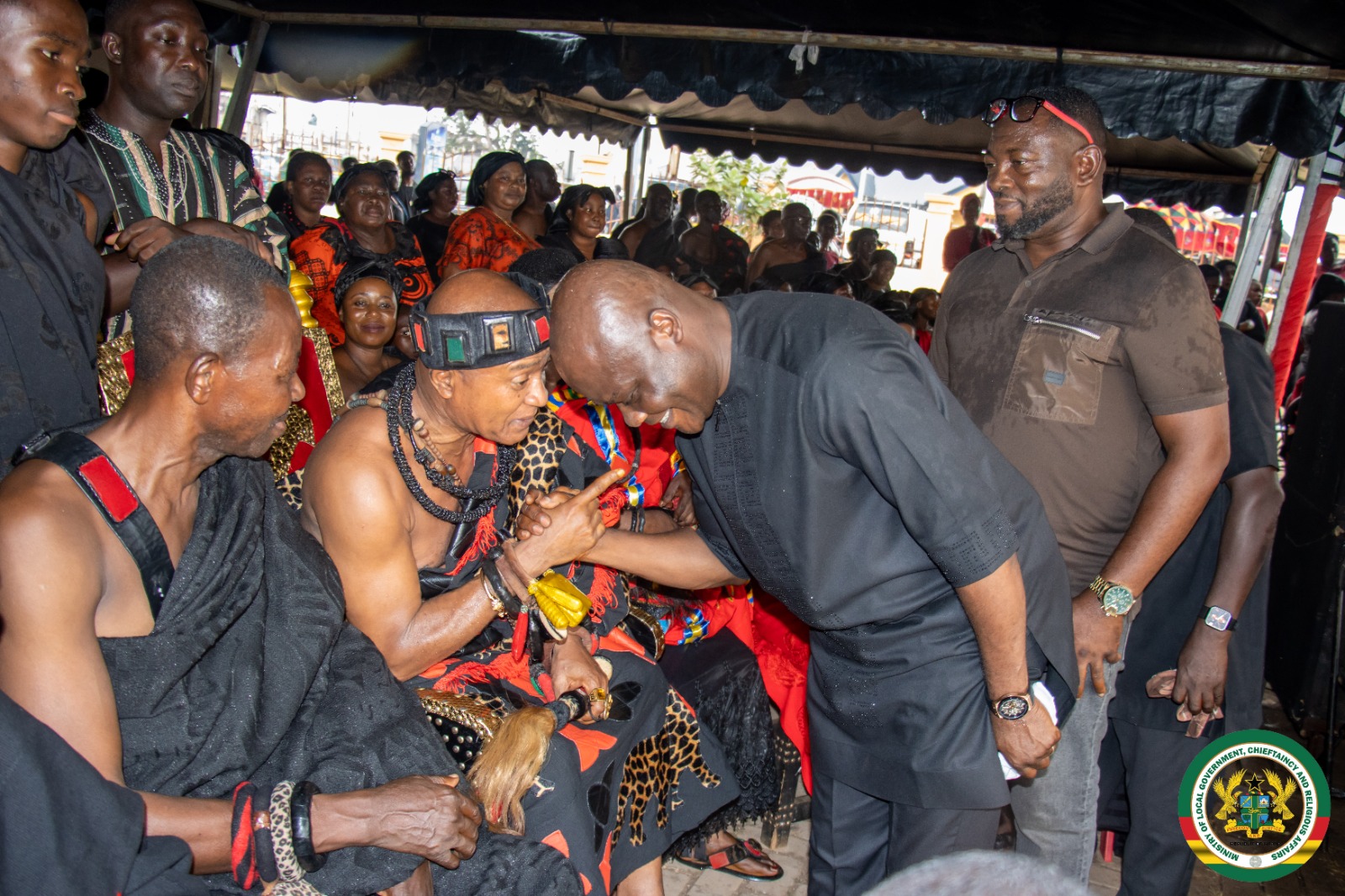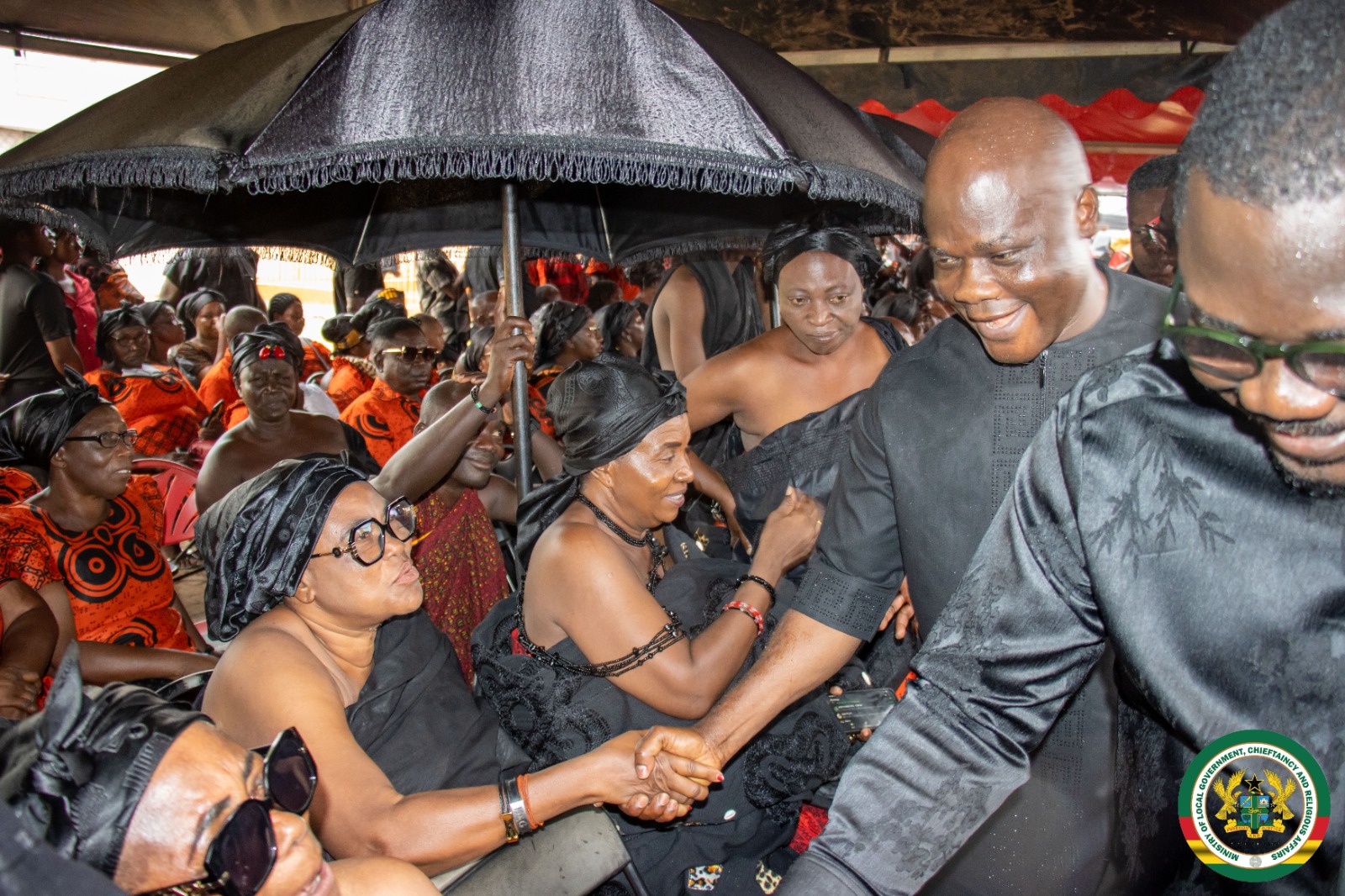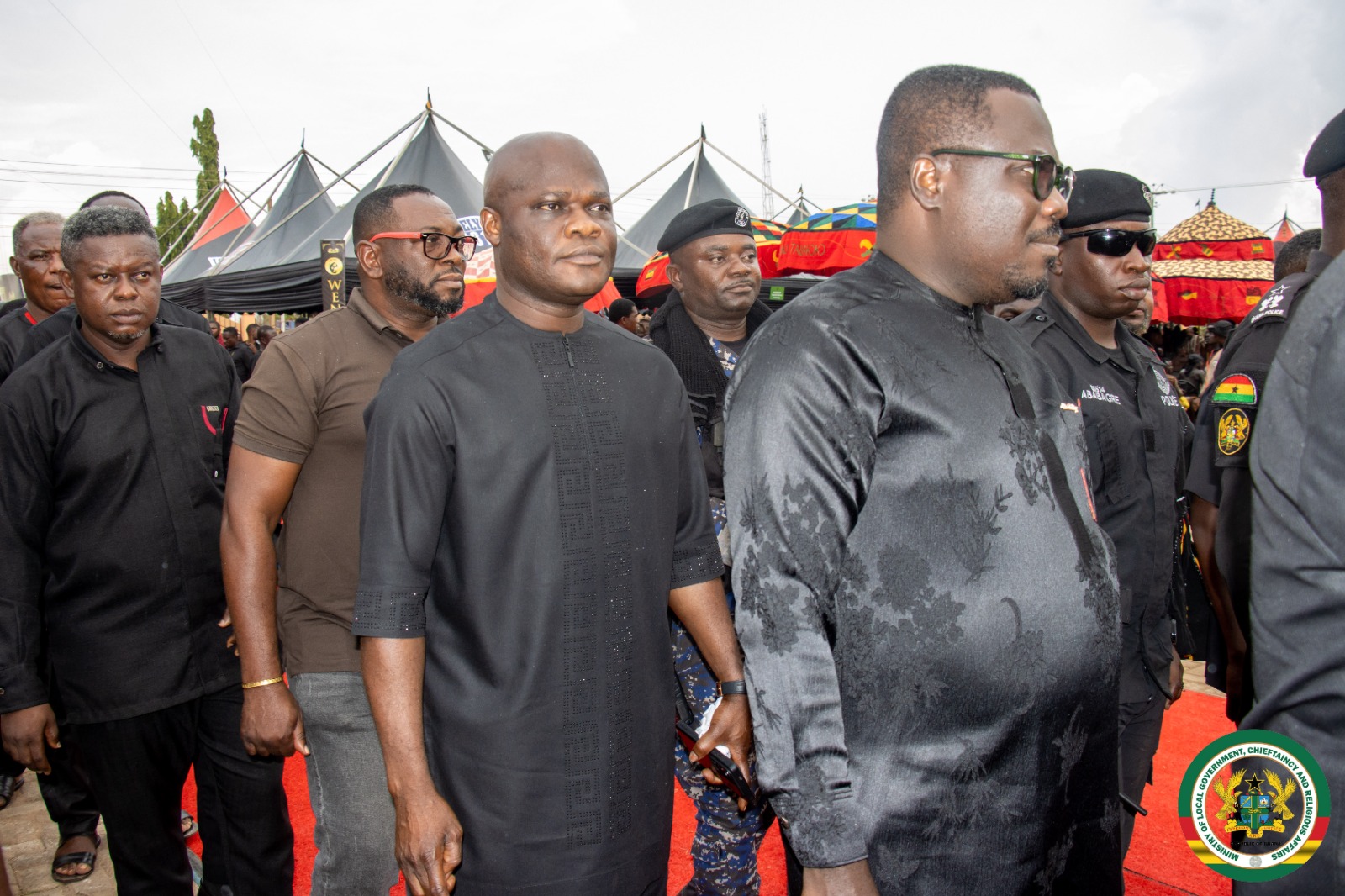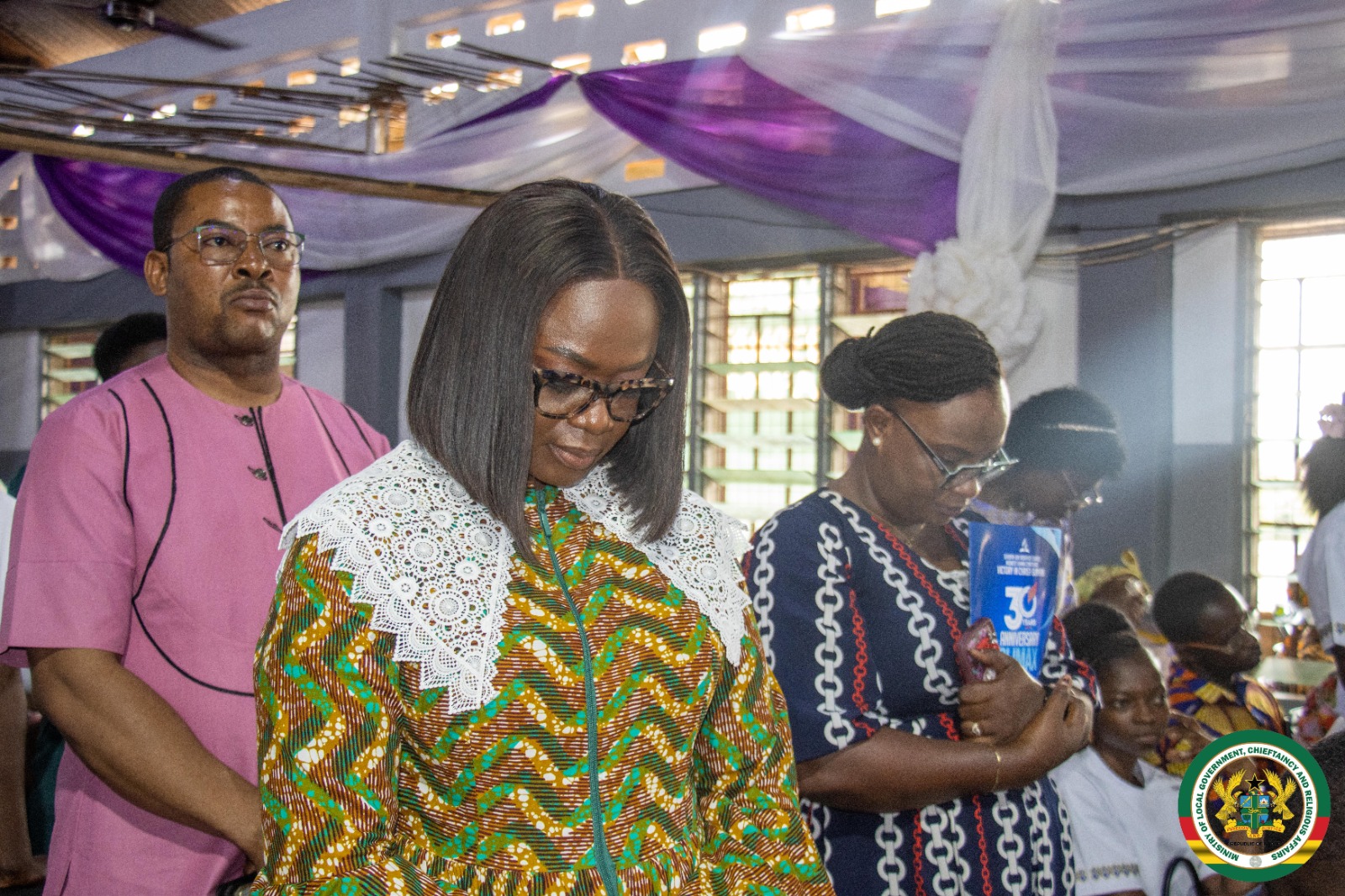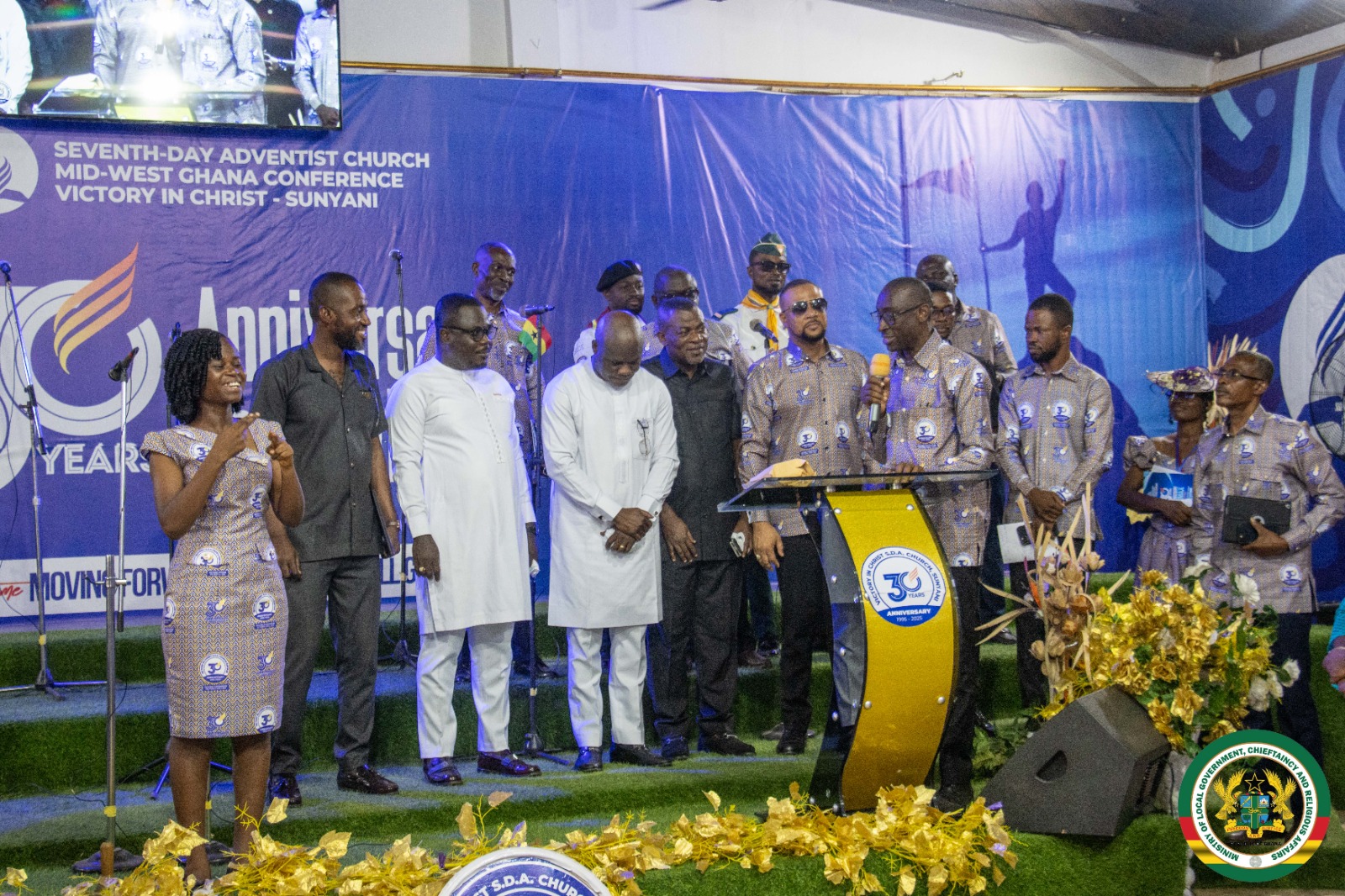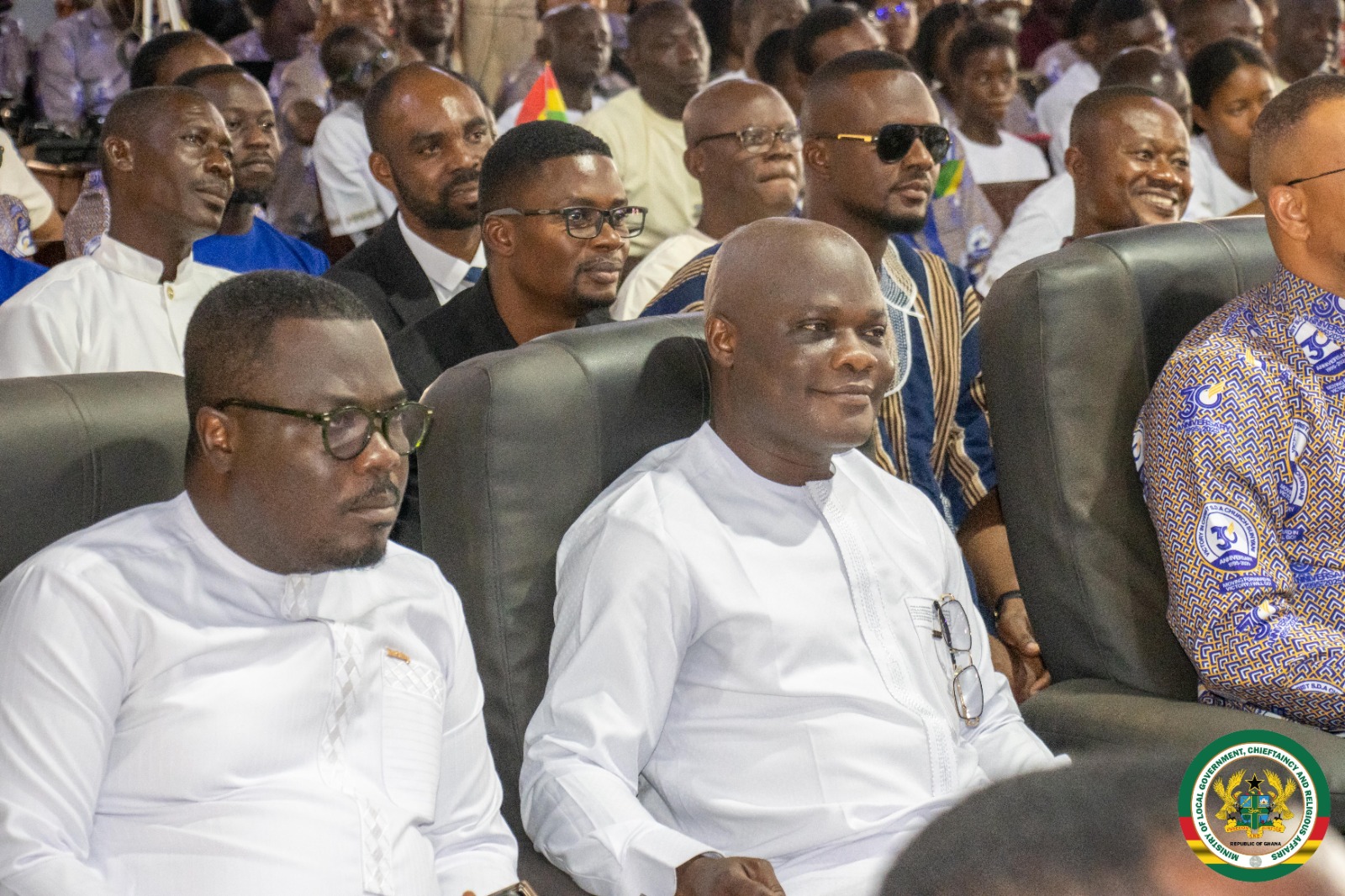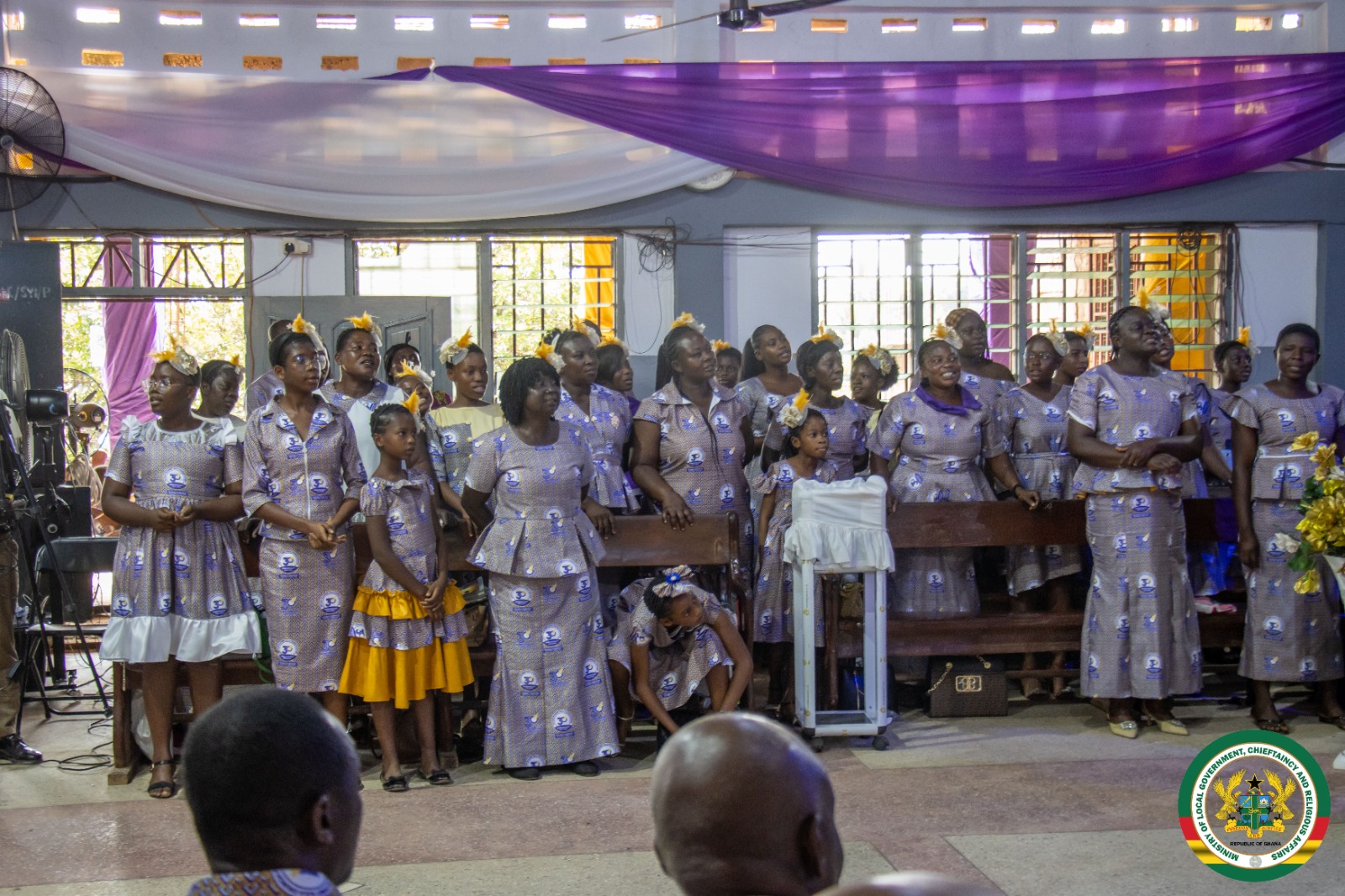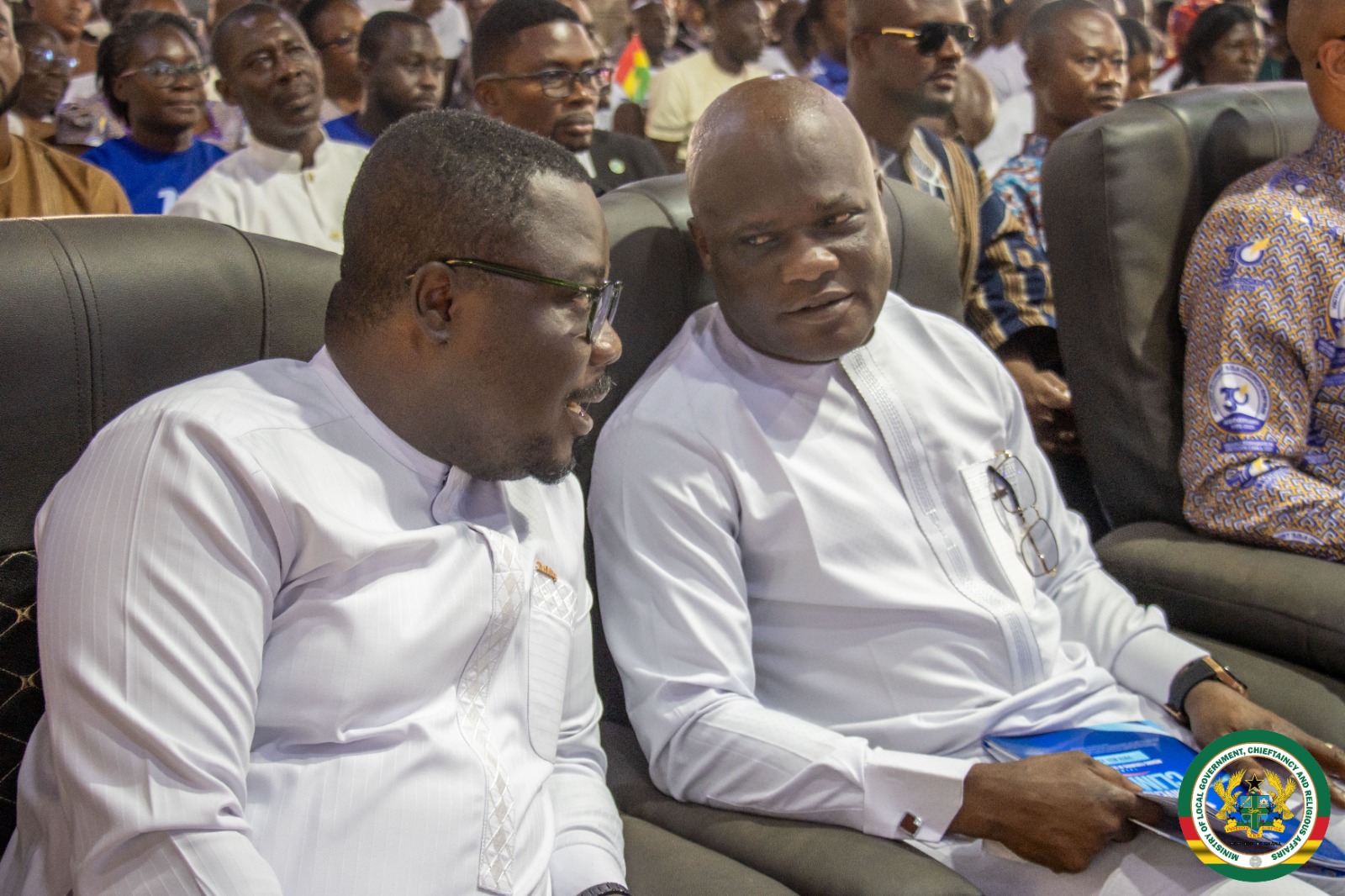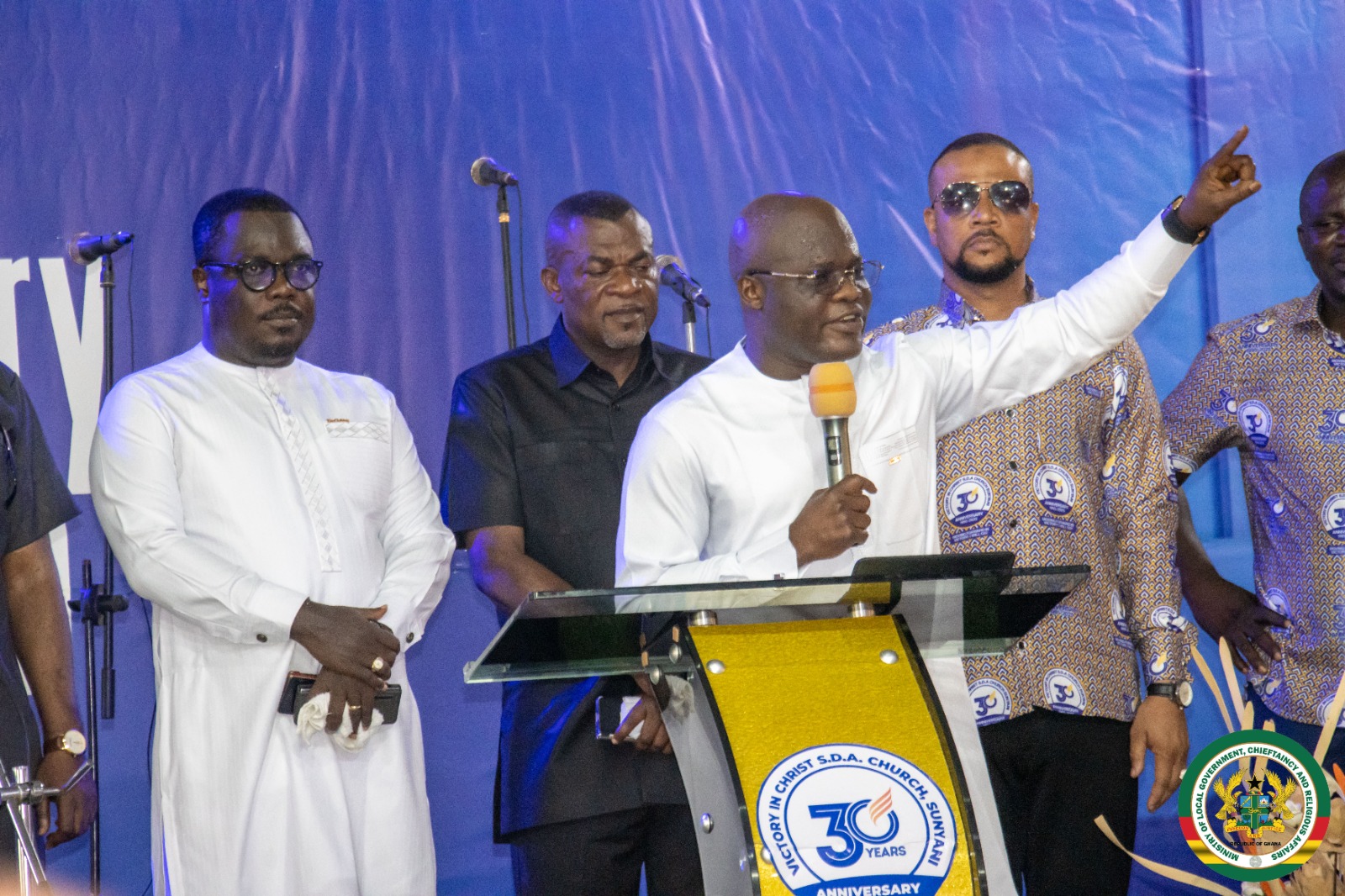Ghana’s progress will stall without a revival of prayer, discipline and moral responsibility, a call made by the Minister for Local Government, Chieftaincy and Religious Affairs during the induction ceremony of newly ordained Assemblies of God ministers in Saltpond. He stressed that prayer remains the nation’s most reliable foundation as it pursues unity, values and sustainable development.
The Minister said the theme “Prayer Warriors of God” was timely, noting that the country faces rising moral decadence, declining respect for authority and the spread of negative social influences. He reminded the church that it holds a critical mandate in shaping conscience, restoring discipline and nurturing integrity across communities.
He linked his appeal to the message delivered by the General Superintendent of the Assemblies of God Church, Rev. Stephen Wengam, who had emphasised that Ghana’s development journey will only be meaningful when supported by prayer. The Minister urged the new ministers to anchor their ministry in prayer, describing it as the key that will lift the nation and sustain every effort toward renewal.
He also highlighted the importance of preserving Ghana’s religious harmony, calling on Christians, Muslims, practitioners of Traditional Religion and other faith groups to deepen dialogue and unity. According to him, religious coexistence remains one of Ghana’s greatest national strengths and must be protected.
Touching on youth development, he urged ministers to instil discipline, compassion, patriotism and respect in children, noting that the nation’s future depends on the values taught today. He further appealed for active church participation in government-led sanitation efforts, including the monthly National Sanitation Day.
Rev. Stephen Wengam commended the Minister for his dedication and selflessness, urging him to continue working towards becoming one of the best-performing Ministers for Local Government, Chieftaincy and Religious Affairs in Ghana’s history. He prayed for the Minister, the President and the nation, asking God to make Ghana’s development path fruitful and impactful.
The Minister congratulated the newly ordained ministers and encouraged them to balance prayer with deliberate action, teaching, mentoring and service, as they lead their congregations.
Source: Darling Maame Efua Cann
MLGCRA PR UNIT

